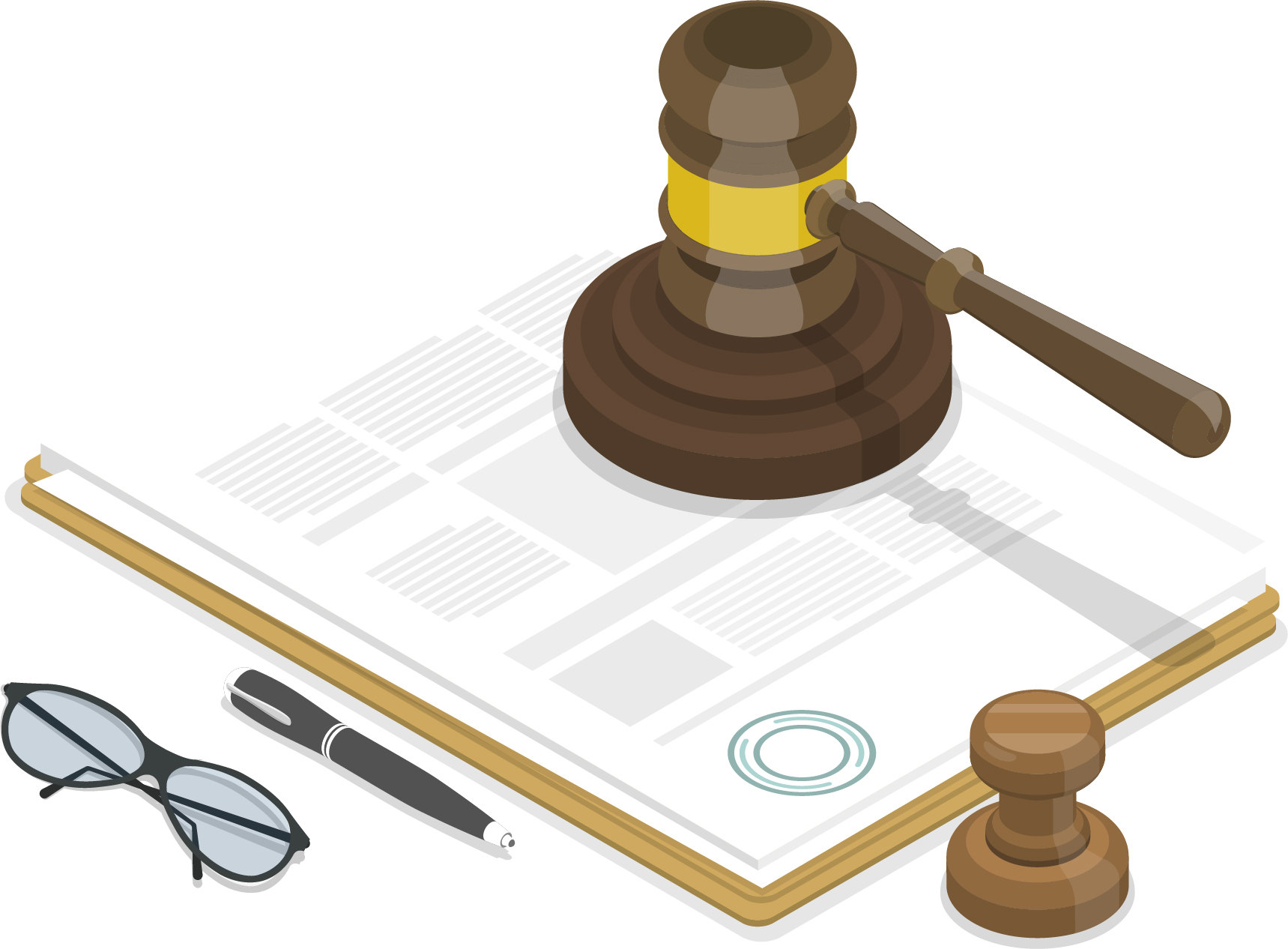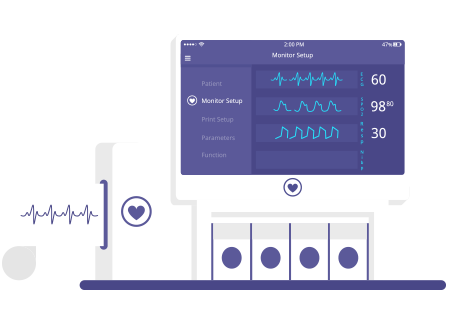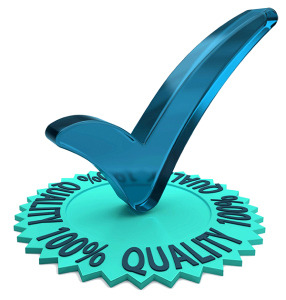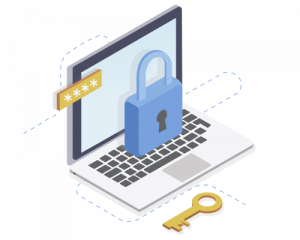End-to-End Regulatory Translations
Life sciences regulatory translations often serve as an essential step for gaining approval for new therapies, devices, or products in overseas markets. Regulatory bodies, including the U.S. Food and Drug Administration (FDA), European Medicines Agency (EMA), and China’s National Medical Products Administration (NMPA), require detailed data and information to be submitted for approval, often across multiple languages within specific timelines. Especially in the case of multinational regulatory submissions and multilingual clinical trials, effective regulatory translations for all documentation are critical for gaining approval and successfully bringing a product to new global markets.
With a global network of 10,000+ linguists and subject matter experts in areas including CRO translations, clinical trial translations, and in-vitro diagnostic device (IVD) translations, CSOFT Health Sciences offers a full range of localization solutions for life science regulatory translations, including:
Biotech Regulatory Translations
Biotechnology remains one of the most heavily regulated sectors within the life sciences, making timely biotechnology translations essential for multilingual market entry. To comply with strict regulatory standards and guidelines set to ensure new products and devices align with safety requirements, technical documents must be translated accurately to meet specific timelines. Biotechnology regulatory translations are essential to keep up with this growing demand and navigate linguistic and cultural barriers, especially with tight legal frameworks. CSOFT Health Sciences specializes in regulatory translations for the biotechnology sector in areas of licensing agreement translations, patent translations, medical document translations, scientific article translations, and more.
Learn more about our biotechnology translations.

Life Science Chemical Regulatory Translations
The chemical industry is one of the most regulated sectors within life sciences, governed by stringent laws and guidelines for chemical translations to safeguard humans and the environment. Navigating these regulations and facilitating expansion into new global markets necessitates effective chemical regulatory translations for all essential documentation to comply with international chemical and environmental safety standards. CSOFT Health Sciences provides localization solutions for many global industrial chemical supply chain sectors, including biomedical engineering translations, biomaterials translations, plastics manufacturing translations, and agrochemical translations.
Learn more about our life science chemical translations.
Medical Device Regulatory Translations
The medical device sector relies on modern medical technology to treat, diagnose, and prevent diseases and conditions, making medical device translations crucial for providing care across languages. To compete in overseas markets, medical device manufacturers must undergo a regulatory approval process that ensures that their product’s safety, efficacy, and documentation comply with regulations for each local market. CSOFT Health Sciences provides medical device localization solutions for medical device manual translations, instructions for use translation (IFU) translations, medical document translations, medical device software translations, and more.
Learn more about our medical device translations.

CE Marking Translations for the Life Sciences
CE marking, also called a European Trade Passport, is essential in gaining market access in the European Economic Area (EEA), requiring accurate and timely CE marking translations. The CE mark signifies that a product is verified and compliant with consumer and environmental protection standards regarding public health and safety. For CE marking, accurate translation of technical documents is critical to conform with approved safety evaluations and measures and to gain regulatory approval in the EEA. CSOFT Health Sciences’ linguists have at least seven years of experience to ensure that their medical translations meet regulatory guidelines in 250+ languages.
Learn more about our CE marking translations.
Good Documentation Practices (GDP) for Regulatory Translations
Good documentation practices (GDP/GDocP) describe standards designed for the pharmaceutical and medical device industries and required by most regulatory bodies, including the FDA, EMA, TGA, and more. These procedures are typically carried out electronically and mandate life science companies to keep a variety of documented records throughout the product’s lifecycle. High-quality medical translation of these documents is essential for international regulatory compliance. With a global network of over 10,000 in-country linguists and subject matter experts with proven experience localizing documents for the medical devices and pharmaceutical industries, CSOFT Health Sciences provides end-to-end translations for a wide range of GDP/GDocP documents.
Learn more about our good documentation practices and translations.
Quality Assurance
CSOFT Health Sciences has developed a process for quality assurance to ensure that every medical translation project meets quality standards in a cost-effective and timely manner. We are certified in ISO 17100:2015, ISO 9001:2015, and ISO 13485:2016 to ensure our customized solutions meet global regulatory requirements. Our subject matter expert linguists have at least seven years of experience and work with in-country reviewers and project style guides to meet industry standards. CSOFT offers an online translation management ecosystem for one central location to leverage real-time translation memory and terminology management through our innovative cloud-based technology. Every step of the way, CSOFT has you covered.
Learn more about our quality assurance process.
Data Security
With over 20 years of experience in medical translation, CSOFT Health Sciences understands the importance of data security to our clients, and we take nothing for granted when confidentiality is a concern. Our well-documented and fully traceable information data security policies, checklists, and quality records leverage the best practices of ISO 27001. They are designed to protect everything from source data to translations. From our 24/7/365 data monitoring and advanced encryption to our access control measures, you can be sure that your project data is safe from start to finish.
Learn more about how CSOFT prioritizes data security.

